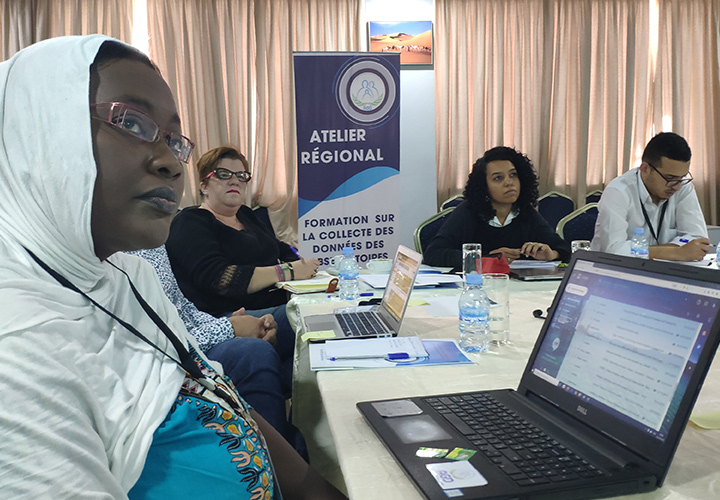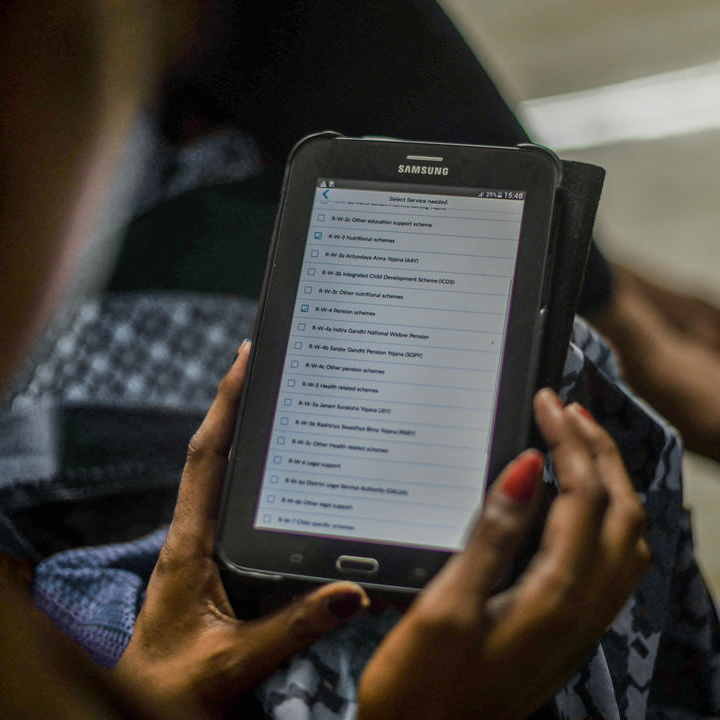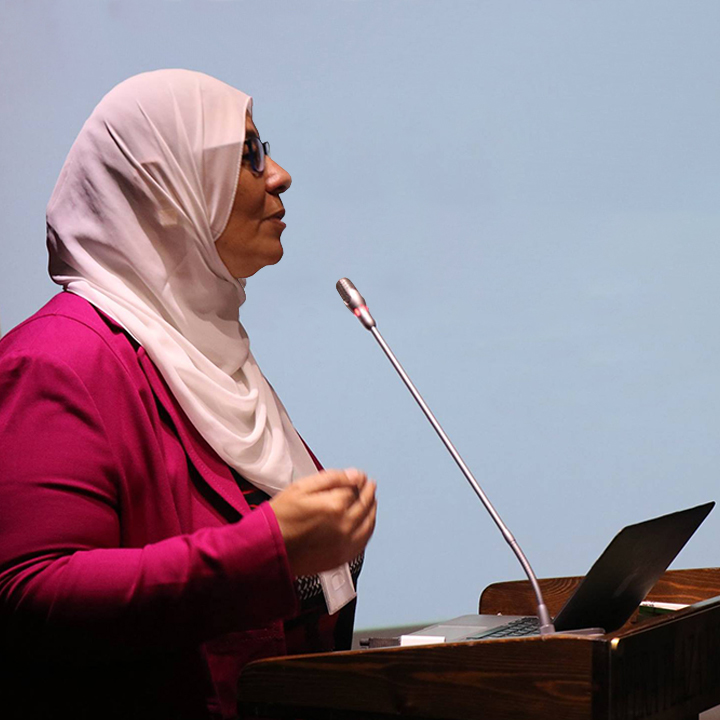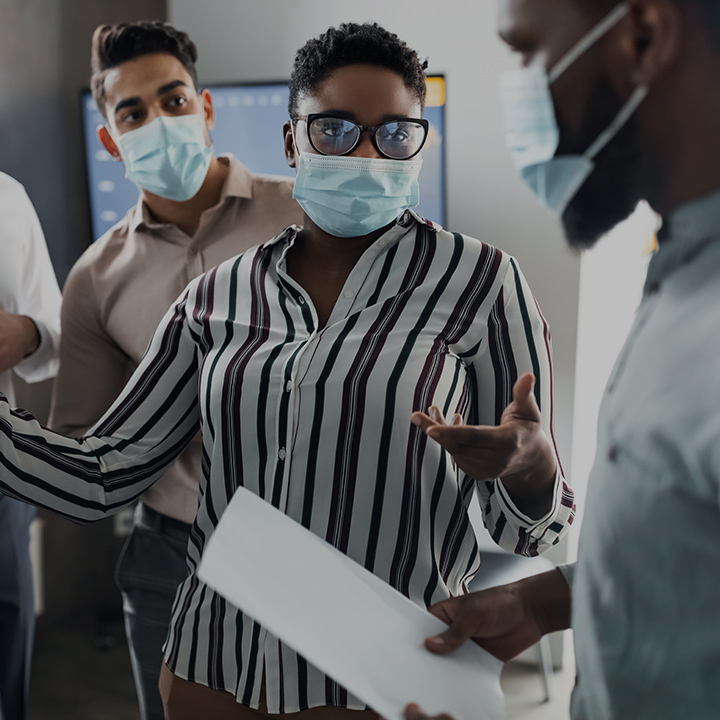
Mission
FORSS project aims to improve access to services for prevention, testing and quality care for people living with HIV (PLHIV) and key populations in five countries in the MENA region (Egypt, Lebanon, Mauritania, Morocco, Tunisia), by means of a system of community-led monitoring system and targeted advocacy initiatives. Four spheres of action will be targeted as a priority. They are training, data collection, advocacy and strengthening civil society.

Phase 1 : Training
Train community-based actors
The recommendations from international health organisations on HIV/AIDS have been simplified, translated and adapted to fit the local context in the countries of intervention. This was the foundation that project partners used to design a series of staggered training sessions for community-based stakeholders in the region to allow them to fully grasp quality standards for prevention testing and care services provided to people living with HIV (PLHIV) and key populations. Treatment of HIV infection, testing, and provision of care to populations said to be “at risk”: these training sessions cover the full spectrum of issues specific to HIV. Armed with this expertise, community-based stakeholders have the support they need to identify existing gaps between quality standards and the realities on the ground and thus improve daily practices.

Phase 2 : Create
CREATING SYNERGY BETWEEN COMMUNITY ACTORS AND HOSPITAL HEALTHCARE STAFF
A training program was co-developed by Solidarité Sida and ITPC-MENA to reinforce the skills of community actors and hospital healthcare staff involved in the fight against HIV/AIDS. This training program, which can be adapted to national contexts, addresses the specific needs of community actors and healthcare personnel. A deep analysis helped identify training needs, particularly in areas such as the fundamentals and latest updates on the HIV/AIDS epidemic, combating stigma (both perceived and experienced by people living with HIV, or PLHIV), and providing psychosocial support for PLHIV.
The training sessions are delivered through national workshops and organized to create synergy between community health actors and the formal healthcare system, with the goal of improving the care of PLHIV and key populations. These sessions promote gender balance and local expertise representation and are followed by refresher sessions to reinforce knowledge and enhance practices. Equipped with this expertise, community actors and healthcare professionals are supported in identifying gaps between quality standards and on-the-ground realities, thus improving their daily practices.

Documenting
Collect data where it happens
In each target country a community-led monitoring mechanism is established in order to gather data from the users of health facilities on the quality, availability, accessibility and acceptability of the prevention, testing, treatment and care services. The data collectors have themselves come from the community of people using the services or working with them. The methodology of the community-led monitoring mechanism is first submitted to an ethics committee in each country in order to guarantee adherence to the code of professional ethics and their scientific credibility. The barriers and structural obstacles to accessing services that PLHIV and key populations (MSM, sex workers, transgender individuals, and migrants). face can thus be accurately identified and communicated to stakeholders in the broader struggle against HIV/AIDS.

Influencing
Influence HIV/AIDS strategies
A range of advocacy actions are established based on the data gathered by the community-led monitoring mechanisms in order to tackle the barriers to accessing care and influence the HIV/AIDS strategies at local, national, regional and international levels. These actions include producing a documentary giving a voice to those most affected by the issues (notably community-based stakeholders, PLHIV and vulnerable populations), organising press conferences and meetings with policymakers or raising awareness amongst journalists about non-discrimination of PLHIV and key populations. In Egypt, the Al-Shehab association organized a training session in November 2022 for a group of 21 lawyers to provide them with advocacy tools related to access to services for migrants and refugees living with HIV. In Mauritania, the observatories highlighted that the testing and consultation hours were not suitable for users. As a result, recommendations were made to site managers, who subsequently made adjustments. A continuous and constructive dialogue can thus begin between community-based stakeholders in the fight against HIV/AIDS and institutions in order to improve care for PLHIV and key populations.

Strengthening
Strengthen civil society
To help them assert their position vis-a-vis society at large and public authorities, partners NGOs receive support in structuring their organisation (governance, financial management, human resources, strategic planning, etc.) from Solidarité Sida and ITPC-MENA. This collective capacity building should allow the project leaders to ultimately be in a better position for scaling-up the project to more countries in the region.
